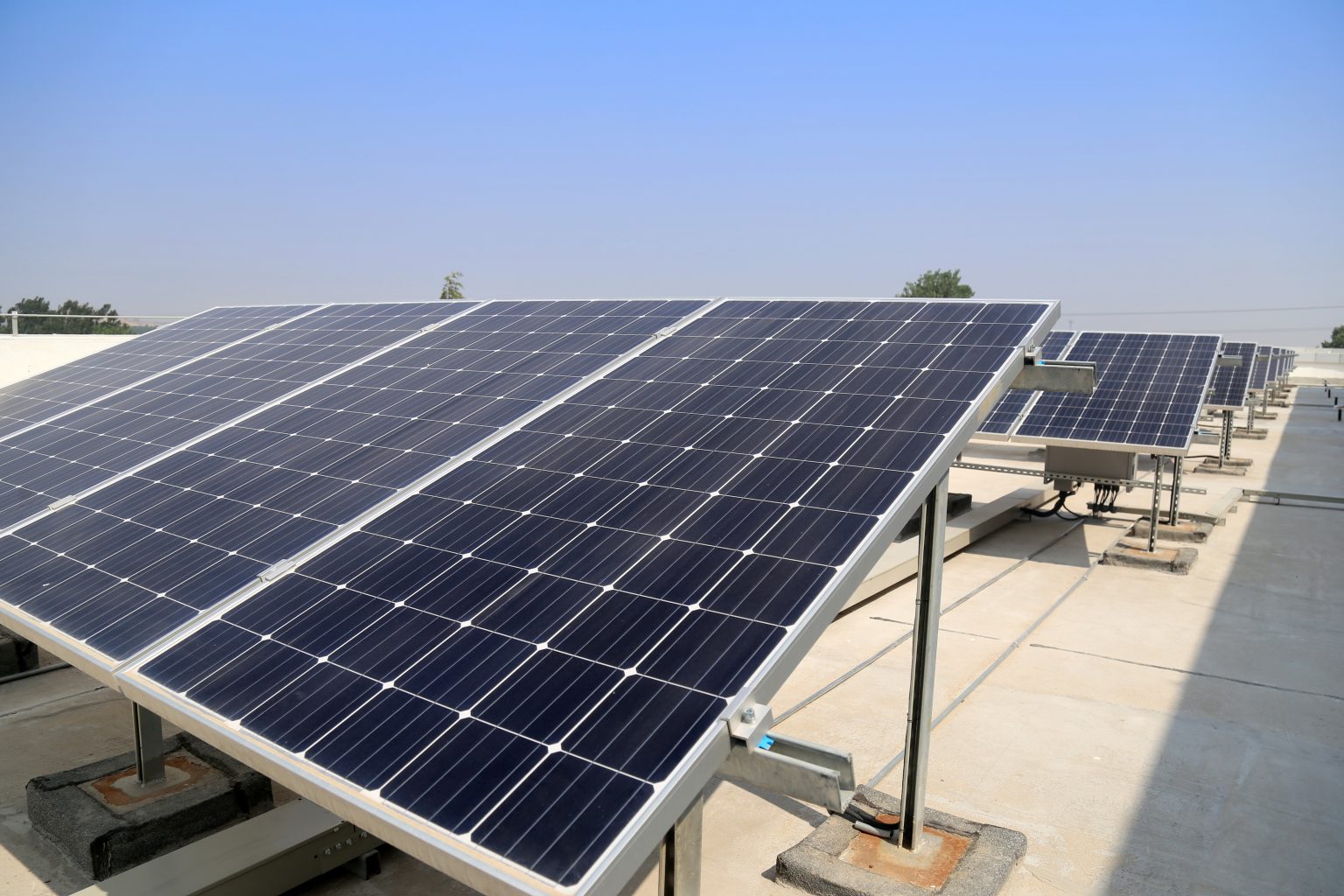Bangladesh is preparing to convert government rooftops into solar power hubs, following a directive from Chief Adviser Muhammad Yunus in June 2025. The Sustainable and Renewable Energy Development Authority (SREDA) has already begun preparatory work to install rooftop solar systems across government buildings.
Professor Md. Rashedul Alam, Assistant Director of SREDA, told the TIMES of Bangladesh that the authority is developing implementation guidelines with stakeholders under the Ministry of Power, Energy and Mineral Resources. “We have already notified all institutions, and in the next one to two months, the work will start with greater intensity and we will see visible progress”, he said.
The initiative will be rolled out in two phases. In the first phase, all government institutions except those in the education and health sectors will be equipped with rooftop solar systems. The second phase will extend installations to government schools, colleges, madrasas and hospitals.
The programme is supported by an interim draft regulation submitted to SREDA on June 27. Prepared by the Bangladesh Institute of Administration and Management (BIAM) Foundation and the Centre for Renewable Energy Services Ltd (CRESL), the report provides technical and financial guidelines for solar designers, installers, investors, importers and manufacturers. It makes rooftop solar mandatory for all new government buildings and links installations with the national net metering policy, allowing surplus electricity to be fed back into the grid.
Dr. Md. Mofizur Rahman, Executive Director of the BIAM Foundation Research and Advisory Services Centre, said BIAM drafted a comprehensive guideline for the initiative. “If the government ultimately approves our guidelines, they will be activated, laying out how stakeholders can undertake the work, obtain licenses, and manage operations”, he said.
He added that the private sector will carry out all installations and operations, with BIAM providing detailed instructions on execution and improvement. “BIAM’s sole responsibility was to create the guideline; we are not involved in installation or monitoring”, he clarified.
Chief Adviser Yunus issued the directive during a meeting of the ‘National Rooftop Solar Programme’ at the State Guest House Jamuna. He urged private companies to participate, noting that investors could manage installation, operation and maintenance while the government provides the rooftops. Additionally, government schools, colleges and madrasas will not pay electricity bills for the power they produce and will receive rent for allowing rooftop use.
Officials noted that Bangladesh lags behind its neighbours in solar energy adoption. An IRENA 2024 report shows India generates 24% of its electricity from solar, Pakistan 17.16%, and Sri Lanka 39.7%, while Bangladesh generates only 5.6%. The Renewable Energy Policy 2025 aims to raise renewable energy to 20% by 2030 and 30% by 2040.
Although tenders have been issued for 55 large solar plants totalling 5,238 megawatts, these projects will not be ready before 2028. Given this timeline, rooftop solar offers a faster solution by utilising existing rooftops.
Beyond cost savings, the initiative could help Bangladesh become greener and more sustainable. By generating electricity from the sun instead of fossil fuels, the scheme will reduce coal, gas, and oil consumption, cut greenhouse gas emissions and help to combat climate change. Widespread adoption across government buildings can set an example for businesses and households, promoting cleaner energy use nationwide.
The draft regulation also highlights challenges, including financing, availability of skilled manpower, and inter-agency coordination. Pilot projects in several offices and schools have shown rooftop solar to be financially viable, with payback periods of five to seven years.
Officials believe Yunus’ directive, supported by regulatory reforms and ongoing preparatory work, could significantly reduce government electricity costs while advancing renewable energy goals. The government’s leadership in rooftop solar adoption is expected to inspire similar initiatives in the private and commercial sectors.


